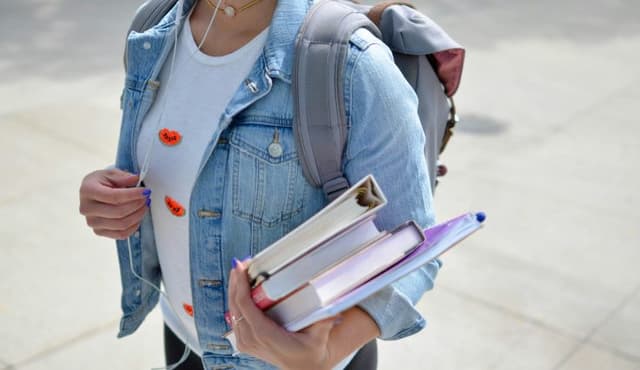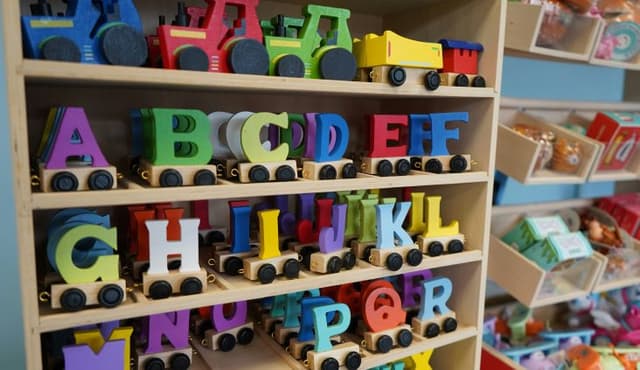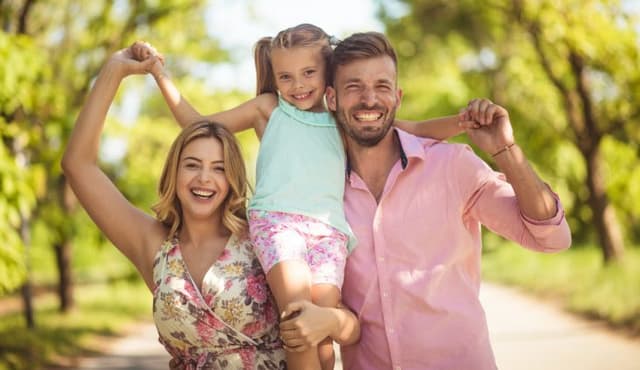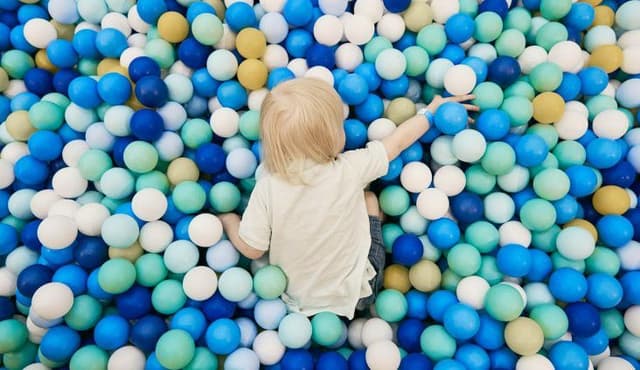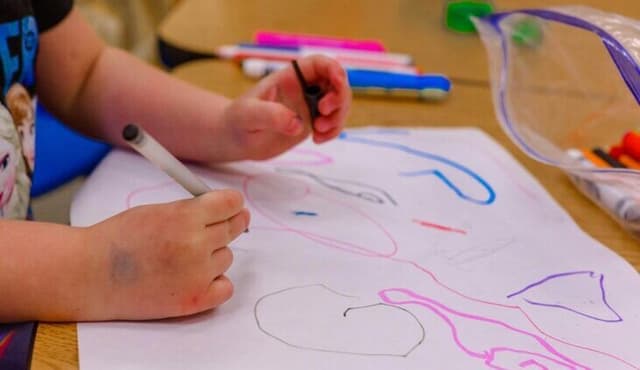General News
You don’t need to be an expert to ask R U OK – check in with your people, your way
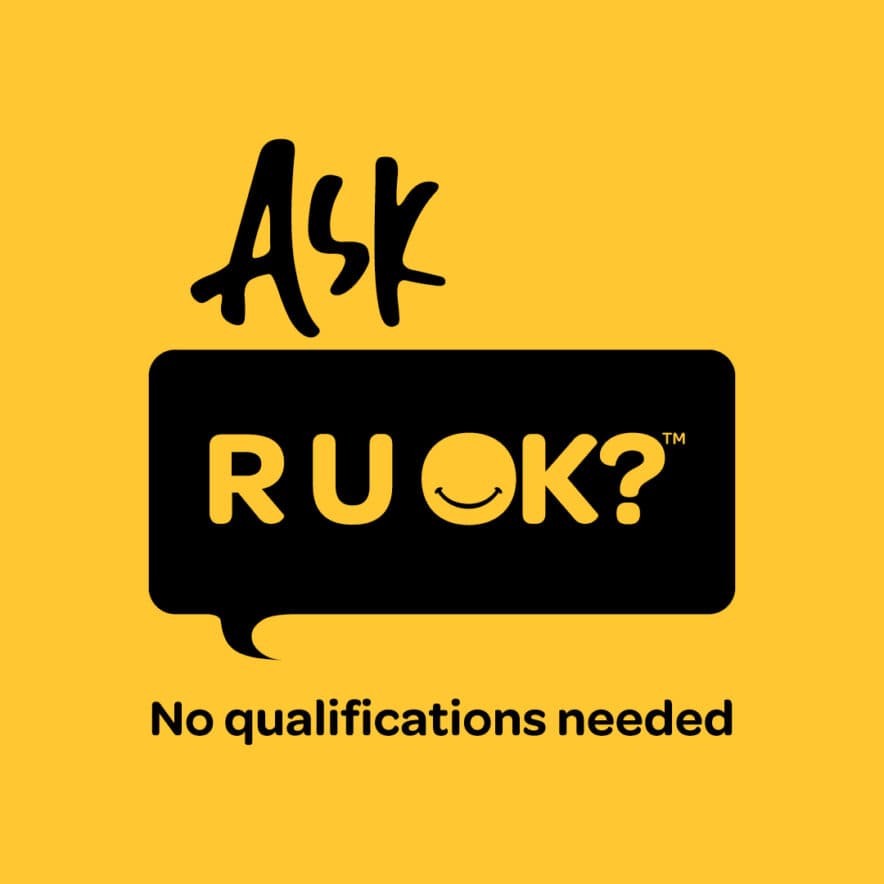
Freya Lucas
Sep 08, 2022
Save
Australians from all corners of the country are being asked to join in a conversation about mental health, and to check in with those around them and ask “are you ok?” today on R U OK? Day.
R U OK? Day is a National Day of Action and a reminder that every day is a day to ask your friends, family and colleagues, ‘are you OK?’. Thousands of in person and virtual events and activities will be hosted by community groups, workplaces, schools, social and sports clubs and suicide prevention networks, to champion the message ‘Ask R U OK? No qualifications needed’, and remind Australians they already have what it takes to support the people in their world who might be struggling with life’s ups and downs.The ‘no qualifications needed’ angle was added to the event this year in acknowledgement of research which found four in ten Australians think asking, ‘are you OK?’, might start a conversation better had with an expert.
The 2022 R U OK? Day Virtual Event, being streamed from midday AEST on 8 September, will feature personal stories and take the audience through the four steps of an R U OK? conversation (ALEC - Ask, Listen, Encourage action and Check in).
R U OK? Community Ambassador, Seryn Adams, 26, is passionate about the R U OK? message because of her own experience with depression and suicidal ideation. She now works as a Suicide Prevention Project Officer with the Murrumbidgee Primary Health Network.
“I’ve been really lucky to have people around me who have been able to recognise the signs when I have been struggling, and they’ve been willing to ask me the ‘are you OK?’ question,” said Ms Adams.
“My Mum was able to recognise that I wasn’t myself, I wasn’t answering text messages, I wouldn’t pick up the phone, I wasn’t doing the normal things that I would,” she explained.
“She asked me a few times before I was willing to open up and say that I was really struggling and that I had been contemplating suicide.”
While her Mum was by no means a mental health expert, “she talked me through all the practical things we could do to get some more support and really encouraged me to speak to someone.”
“When I talk to people now about how to ask the R U OK? question I remind them, you don’t have to be an expert, you just have to be there to listen and to support them through what they’re experiencing and encourage them to be able to seek some help.”
While the work of qualified mental health professionals is vital, all Australians can play a role in supporting those they care about, R U OK? CEO Katherine Newton continued.
“In recent months, we’ve been on the road in regional and rural communities hearing from Australians who are dealing with a range of life circumstances and there’s no doubt, many have been doing it tough,” Ms Newton said.
“Natural disasters, the ongoing impact of the pandemic, world conflicts, workforce shortages and the rising cost of living have added financial pressure and emotional strain,” she added.
“These pressures can sometimes feel overwhelming and out of our control but something we can always do is genuinely reach out - have a conversation, take the time to really listen to the answer and lend support.”
This perspective is confirmed by the research which found that when authentic, genuine R U OK? conversations are happening, more than 80 per cent of people say they are making a positive difference.
The R U OK? Day 2022 message will feature across traditional and social media platforms while a wealth of resources for educators, communities and workplaces is freely available to download from the R U OK? website at ruok.org.au
A selection of R U OK? digital resources have also been translated for those whose first language is not English and there are also videos available in Auslan.
For support at any time of day or night, call Lifeline on 13 11 14.
Don’t miss a thing
Related Articles














